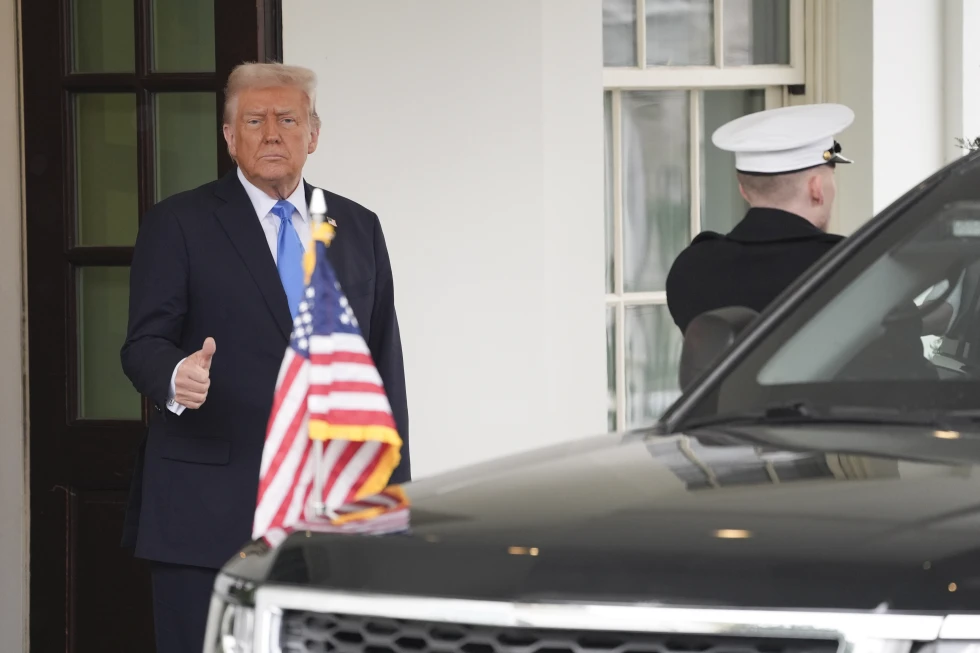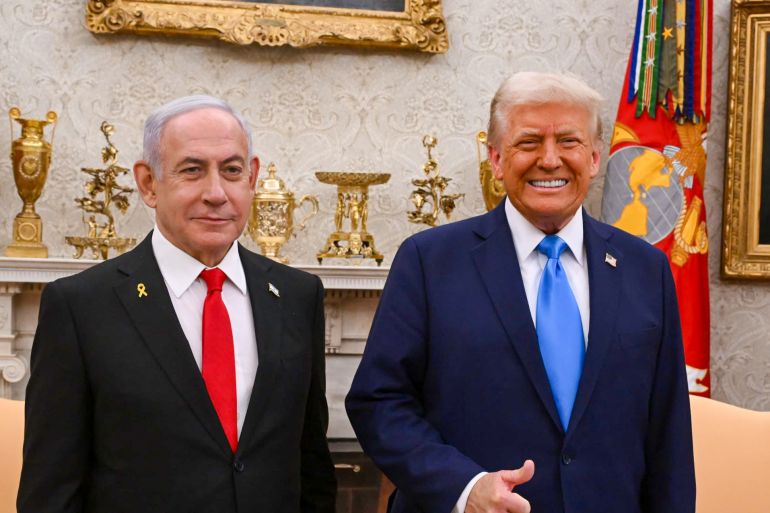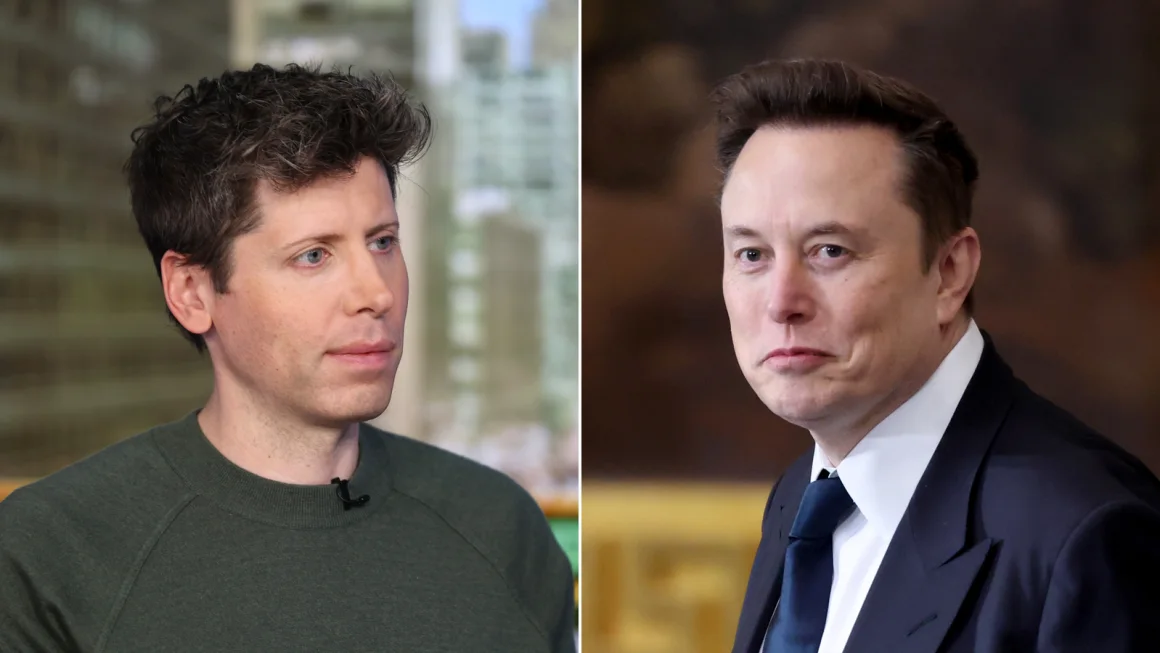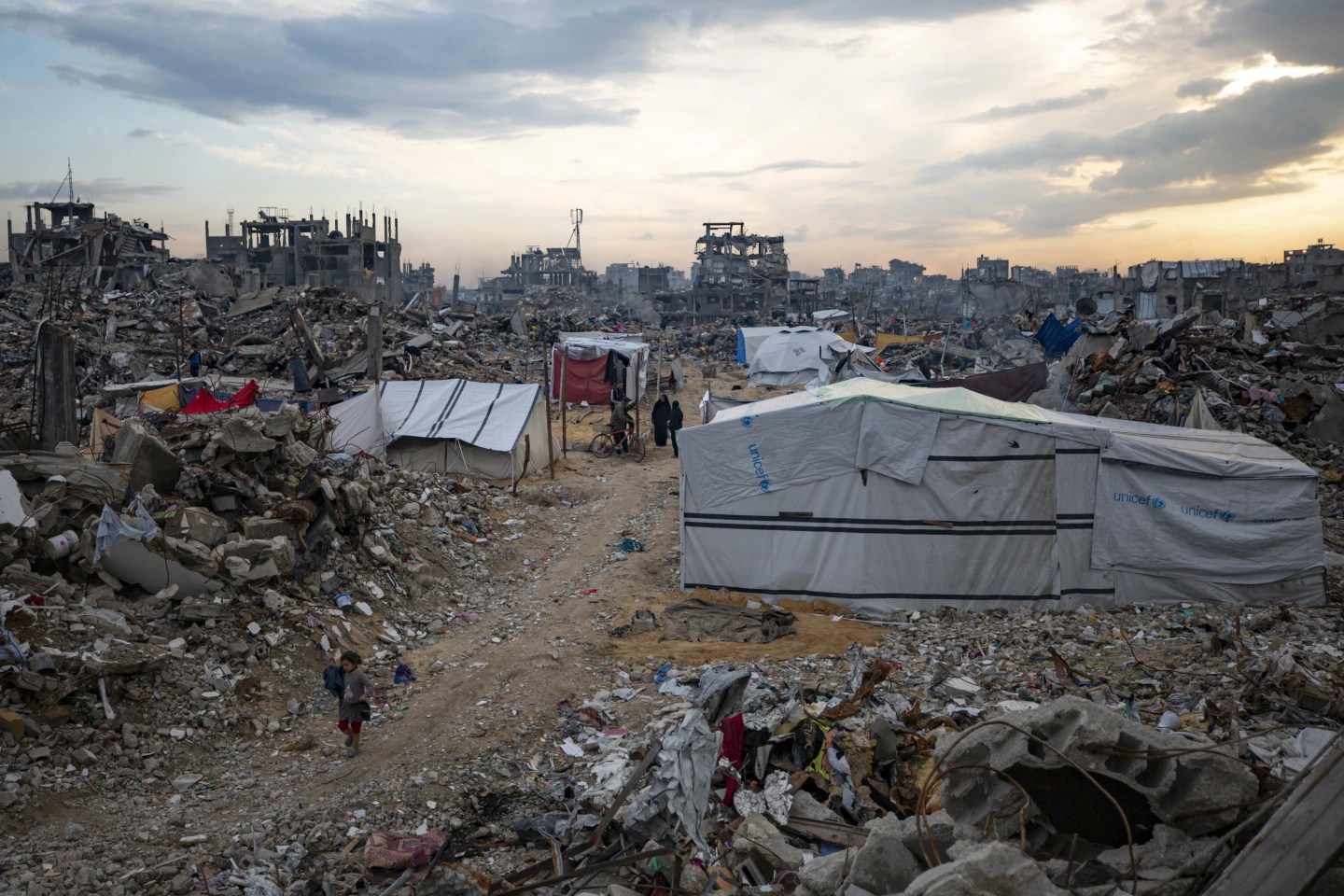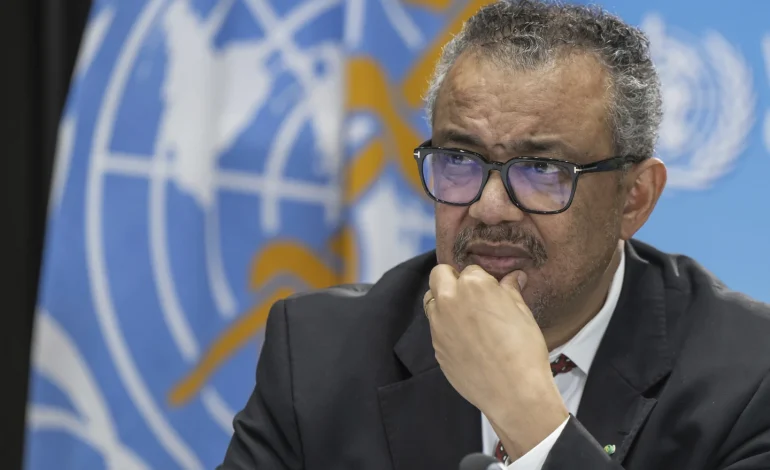The World Health Organization (WHO) is facing a dire financial crisis following the United States’ withdrawal from the agency, with officials scrambling to find solutions and urging global leaders to pressure Washington to reconsider, The Associated Press reports.
WHO Director-General Tedros Adhanom Ghebreyesus has reportedly pleaded with world leaders to intervene, warning that the US will be left vulnerable by missing out on critical global health intelligence, especially regarding disease outbreaks. His appeal came during a closed-door meeting with diplomats last week, according to sources familiar with the discussions.
Meanwhile, concerns are mounting within the WHO itself, as revealed in internal meeting materials obtained by The Associated Press. At a key budget meeting last Wednesday, German envoy Bjorn Kummel warned of a crisis.
The United States is the WHO’s largest donor, contributing an estimated $988 million for 2024-2025 — roughly 14% of the agency’s $6.9 billion budget. The impact of the U.S. withdrawal is particularly acute in emergency response programs, with a document presented at the meeting highlighting the “heavy reliance” on American funds. WHO’s European office, for example, is reportedly over 80% reliant on the $154 million it receives from the U.S.
The document outlined significant risks to WHO’s operations worldwide, particularly in emergency responses in the Middle East, Ukraine, and Sudan. The loss of US funding also puts at risk hundreds of millions of dollars allocated for vital initiatives like polio eradication and HIV programs. Furthermore, the US is the major contributor to tuberculosis programs, funding 95% of such work in Europe and over 60% in Africa, the Western Pacific, and at WHO headquarters in Geneva.
At a separate meeting, WHO finance director George Kyriacou painted a grim picture, stating that the agency faces a “hand-to-mouth” financial situation by early 2026 if it maintains its current spending. Kyriacou added that the agency has been unable to recover funds from past US expenditures, and that the US has yet to settle its owed contributions for 2024, further pushing the agency into a deficit.
The WHO’s executive board is expected to discuss the budget crisis during its meeting which opens Monday and will run through February 11. Compounding the crisis, the US Centers for Disease Control and Prevention has reportedly instructed its staff to immediately cease working with the WHO.
Despite the formal US withdrawal, Tedros acknowledged that the WHO is still providing some data to US scientists, underscoring the mutual need for information exchange. He urged member nations to contact US officials and persuade them to reconsider their decision.
Tedros directly addressed President Trump’s stated reasons for leaving the WHO, which included alleged mishandling of the COVID-19 pandemic, failure to reform, and “unfairly onerous payments.” Tedros rebutted these claims, pointing out that the WHO alerted the world in January 2020 about the potential dangers of the coronavirus and has implemented dozens of reforms since, including expanding its donor base. He also suggested that the US withdrawal was more about the potential loss of critical global health intelligence than financial issues.
Kummel described the US exit as “the most extensive crisis WHO has been facing in the past decades,” while officials from Bangladesh and France questioned the WHO about its specific plans to cope with the loss of U.S. funding and which health programs would be cut as a result. Internal documents reportedly discussed options including halving the size of departments by the end of the year.
While the WHO declined to comment on Tedros’s private appeal to member states, experts see a potential silver lining in the crisis, suggesting it could serve as an opportunity to reshape global public health. Matthew Kavanagh, director of Georgetown University’s Center for Global Health Policy and Politics, noted that while less than 1% of the US health budget goes to the WHO, the country benefits significantly from its global disease intelligence network and access to virus samples for vaccine development. He also emphasized that the WHO is “massively underfunded” and described rich countries’ contributions as “peanuts.”
